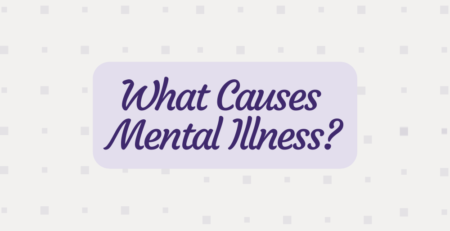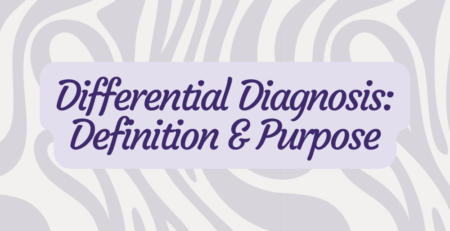Mental Health Support for Veterans on Memorial Day
Memorial Day, often heralded as the unofficial start of summer with its barbecues and festive parades, holds a more solemn significance. It is a national holiday dedicated to honoring the men and women who have served our country in uniform. At Serene Behavioral Health, we believe in taking time to recognize and appreciate the bravery and challenges faced by our veterans, including their struggles with mental health.
Supporting Veterans Beyond Memorial Day
Memorial Day reminds us of the sacrifices made by military personnel and their families. It’s a day to reflect on the freedoms preserved and acknowledge the burdens carried by those who serve. For veterans, this can be a day of mixed emotions, encompassing pride, grief, and sometimes a painful reminder of the traumatic events they experienced during their time in the service.
While paying your respects on Memorial Day is vital, supporting veterans year-round is equally important, especially in areas like mental health. Here are some ways to do so.
- Donations: Contribute to local or national nonprofits that provide veteran outreach. Your financial support can go toward essential resources like counseling, therapy, and rehabilitation programs.
- Volunteering: Many organizations welcome extra hands in their vital work. Whether it’s helping at events, contributing your skills, or spending time with retired service members, your commitment can make a significant difference.
- Educational advocacy: Educate yourself and others about the obstacles many veterans encounter after returning to civilian life, particularly regarding mental health. Awareness can lead to better support systems and reduce stigma.
- Employment opportunities: If you are in a position to do so, advocate for or implement veteran hiring programs in your workplace.
Mental Health Issues Faced by Veterans
Veterans often return from service with experiences that can lead to various mental and behavioral health challenges.
- PTSD: Perhaps the most recognized veteran mental health disorder, PTSD can occur after experiencing severe trauma or a life-threatening event. Symptoms include flashbacks, severe anxiety, and intrusive thoughts.
- Depression: Many veterans live with depression, characterized by persistent sadness and a lack of interest or pleasure in life.
- Anxiety disorders: Generalized anxiety disorder, panic disorder, and specific phobias are common among veterans, often exacerbated by the stresses of their service.
- Substance use disorders: Some veterans may turn to alcohol or drugs, leading to addiction.
How Serene Behavioral Health Supports Veterans
At Serene Behavioral Health, we are honored to support our veterans as a provider within the VA’s Community Care Network. This affiliation allows us to offer specialized mental health services to veterans, ensuring they receive the care they need through the following means.
- Tailored treatment programs: Understanding the unique challenges faced by veterans, we have designed specialized, evidence-based treatment programs to address issues like PTSD, depression, anxiety, and substance use disorders.
- Professional and compassionate care: Our team of therapists and counselors knows how to address veteran-specific needs, combining care with the utmost respect and empathy.
- Accessibility and convenience: As part of the VA Community Care Network, we ensure veterans can easily access our services, helping them integrate treatment into their daily lives without hassle. We also accept TRICARE and TriWest to remove the cost barriers many former service members encounter when seeking qualified care.
Memorial Day is a time for reflection and remembrance, but let’s also make it a day of action. By supporting our veterans’ mental health, we pay tribute to their service in a meaningful way, helping them transition to civilian life with the dignity and support they deserve. At Serene Behavioral Health, every day is an opportunity to serve those who have served us. Connect with us today to learn more about our four levels of care and how we can help you.
















